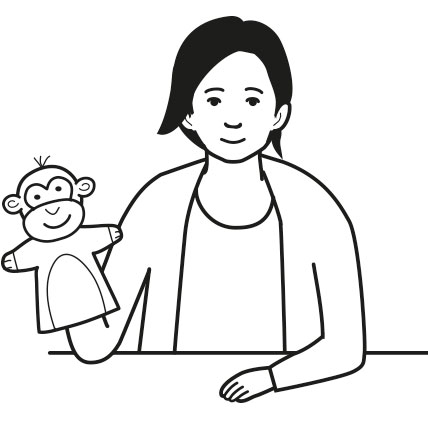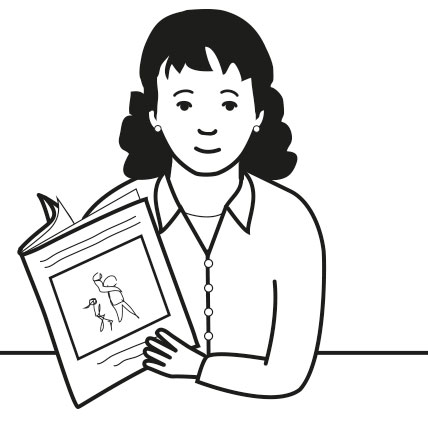
A quick guide to ‘active listening’ or ‘comprehension monitoring’
A child who has typically developing language will usually – even when quite young – tell you when you have said something they didn’t understand or they will ask what an unfamiliar word means.
Children with language needs do this rarely if at all. The reason is that they don’t have the same obvious distinction between understanding and not understanding that other children do. They are used to only understanding SOME of what is being said. Most of us can relate to being in a different country and not knowing much of the language – we hang on to key words in sentences and use the clues around us to try and work out what is being said. Children with difficulty understanding language may be experiencing something similar in class, and not have the skills or awareness to ask for clarification.
The positive news is that this is definitely a skill that can be taught and improved. A couple of key points:
- A whole-class / school approach is important. Encourage ‘comprehension monitoring’ as a positive learning skill.
- Explicitly discussing with students (as a whole class or in small groups) the variety of reasons why we might not understand is important. Asking the speaker to “say it again” won’t always solve the problem and so working out WHAT has not understood helps the student seek the RIGHT clarification. For example:
- weren’t paying attention = “Please can you say it again”
- it was too much to remember = “Can you tell me one thing at a time”
- unfamiliar words = “What does X mean?” “I don’t know that word yet”
- didn’t make sense e.g. ‘get the red books’ when there are no red books there = “there aren’t any red books”
- non-literal language was used e.g. ‘we’ve got to pull our fingers out now’ = “That doesn’t make sense to me” “I don’t know what you mean”
Two excellent resources are:
“Active Listening for Active Learning” (ISBN: 9781898873617) which contains much more information on this area, including screening tools, whole class resources and group session plans.
“Helping Children Hang on to Your Every Word” (ISBN-13: 978-1898873532) – an easy to read book looking at the range of aspects involved in children being able to focus fully in class.
We can help schools implement this approach and provide further training in this area.










